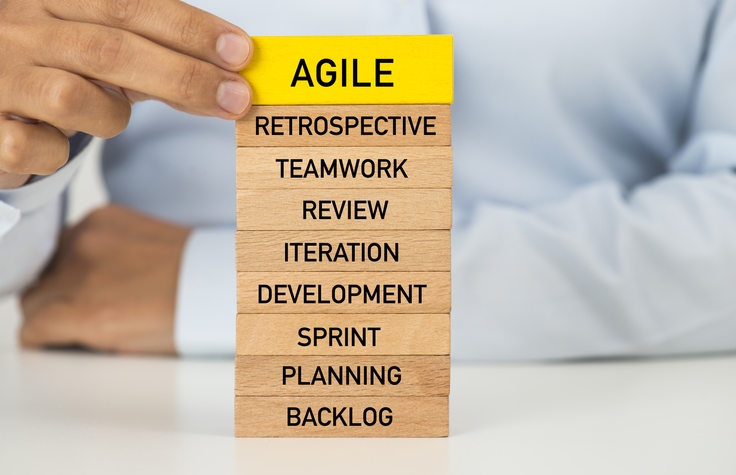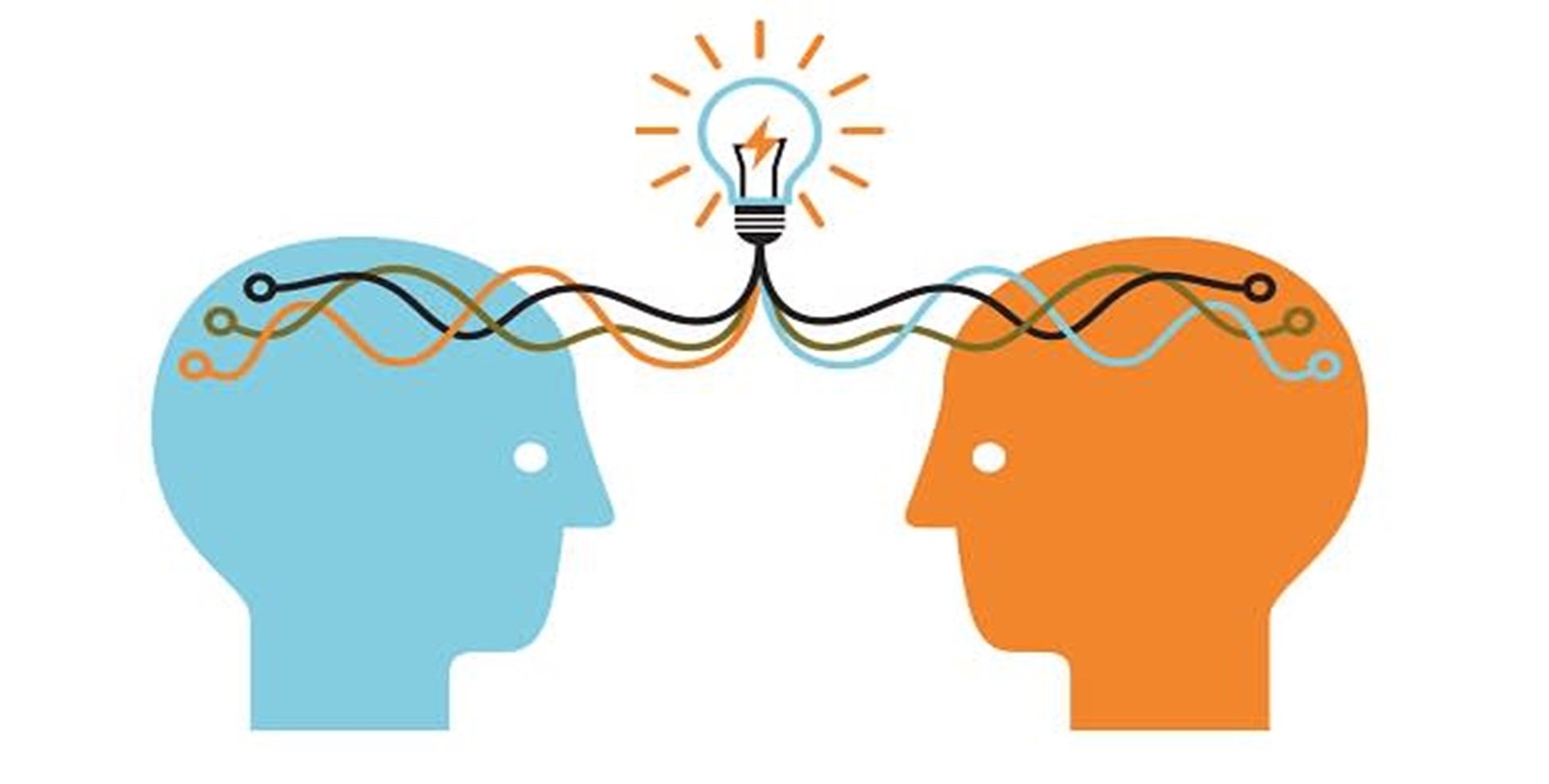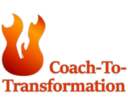

Coaching with an ‘Agile’ mindset
- Nov 30th 2020
The art and science of coaching has evolved over the past decades thanks to several innovative elements that have enhanced the coaching process and overall experience of coaching clients. These include new developments such as advancement in neurosciences, positive psychology and new technology tools such as AI.
The onus lies on individual coaches to adapt their coaching styles and techniques to create meaningful experiences for their clients. One such approach which can complement current repertoire of coaching skills and tools is the ‘Agile’ paradigm, popularly used in software and other project management domains.
The key features that differentiate Agile philosophy is mindset of the participants. Agile promotes creating a culture of collaboration to address dynamic changes occurring in the external environment. Agile methodology is based on practices that nurture incremental, iterative approach by seeking continuous feedback from stakeholders for ongoing improvements.
Agile embraces the philosophy of ‘fail fast’ and ‘fail forward’ that encourages self-organisation, experimentation and ownership. The emphasis is on empowerment and collaboration for shared outcomes. In agile environment, individuals are considered as competent and capable for addressing their challenges. This empowerment enables individuals to take quality decisions, keeping the expected outcomes at the centre, thus enabling individuals to take decisions around priorities, estimates, resources etc with freedom and personal accountability. The success of agile methodology is founded on shared values of transparency and commitment of all stakeholders.
It will be interesting to explore if we can inculcate some of the strengths of agile methodology in coaching so as to draw some parallels from the agile world to enhance our coaching practice and outcomes. The heart of every coaching relationship centres around the client and coach engagement. The purpose of coaching practice is to enable our clients to achieve their desired outcomes through exploration and experimentation. Coaching is about facilitating self-awareness about one’s inherent potential and capabilities. It is a journey of self-discovery, empowerment and self-belief, making right decisions and celebrating small and big ‘wins’ along the journey.
Using agile approach in our coaching practice, we can encourage clients to take ownership for making iterative, reflective actions based on ‘fail fast’ and ‘fail forward’ tactic. This will create essential ‘forward’ movement for clients and further reinforce their self-belief and commitment. And if these experiments were to fail, early lessons learnt can be useful in making timely course correction!
Adopting an agile approach also calls for some mindset changes for coaches. Coaches need to see their role as an advisor who empowers their client. While the journey begins with a shared accountability, the end goal is transformation of the client through continuous learning, unlearning and re-learning by nurturing self-accountability.
The bottom-line of agile mindset is embracing sustainable empowerment! Coaches need to consciously work toward reducing their client’s dependency over time. While it may sound counter-intuitive, and raise the question of making coaches redundant, true success of a coach is in becoming a ‘catalyst of change’ in an agile manner!
Disclaimer
The views and opinions expressed in this blog are those of the authors and do not necessarily reflect the official policy or position of Coach-To-Transformation or its parent company.


Rajat Garg
Rajat is a Master Certified Coach (MCC) with over 18 years of industry experience and over 2500 hours of coaching experience, helping people and organizations attain maximum effectiveness. His background includes working with CXOs, senior managers, managers and board of directors of small private companies to multi-billion dollar publicly traded organizations.









0